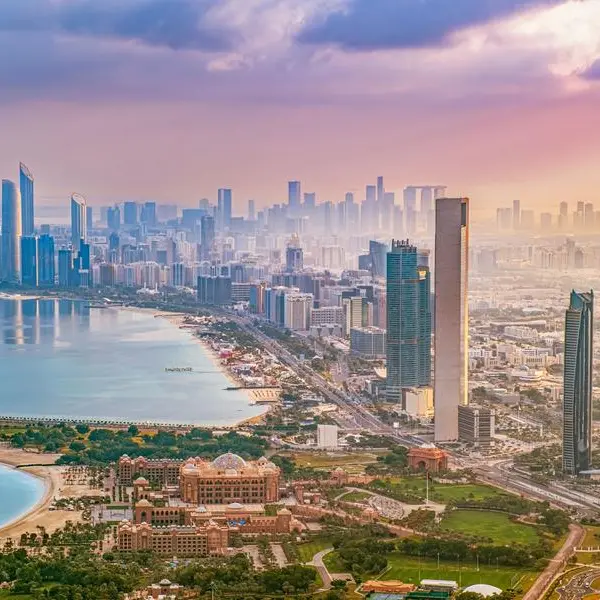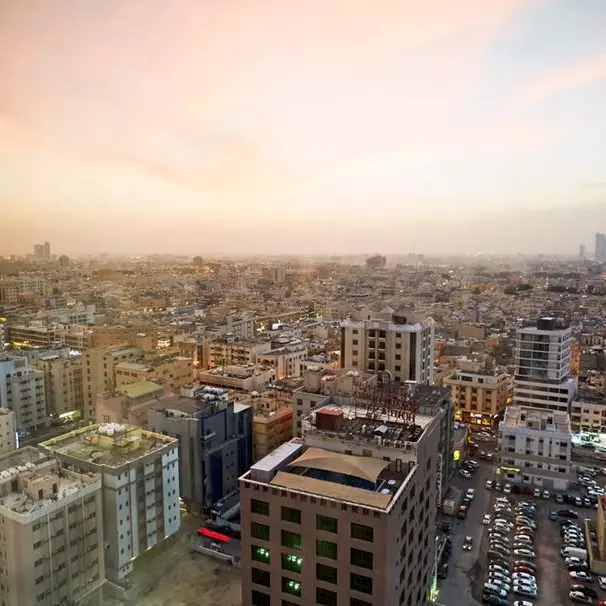PHOTO
Muscat – Oman recorded the lowest inflation rate in the GCC for September, with consumer prices rising 0.4% year-on-year, down from 1.1% inflation in August, according to official data.
The other GCC countries reported relatively higher inflation rates. Kuwait saw a year-on-year increase of 2.8% in consumer prices, the highest in the region, while Dubai’s inflation stood at 2.5%. Saudi Arabia’s inflation was 1.7%, and Bahrain and Qatar reported 0.9% and 0.8%, respectively, according to a report from Kuwait-based Kamco Investment.
Despite ongoing geopolitical tensions in the Middle East and global economic uncertainties, inflation in the GCC has remained relatively low compared to other regions. While many countries in the Middle East and North Africa (MENA) have faced double-digit inflation in recent years, the GCC’s inflation rates have been kept in check by government subsidies and price controls on essential items such as energy and food, Kamco Investment said in the report published on Tuesday.
In Oman, the consumer price index (CPI) data from the National Centre for Statistics and Information (NCSI) showed that food and non-alcoholic beverages saw a 2.8% year-on-year price increase in September. The rise in September food inflation was driven by higher prices for vegetables, up 8.15%, fruits, up 6.15%, and dairy and poultry products, which increased by 5.5%. The tobacco group saw a slight price rise of 0.1%, while prices in housing, water, electricity, gas, and other fuels group remained unchanged.
Oman’s September inflation was the lowest since April 2024, driven by declines in prices for transportation (-3.4%), education (-0.4%), and household items and maintenance (-0.6%).
The sultanate’s government has implemented measures in recent years, such as stabilising fuel prices and supporting essential foodstuffs, to curb inflationary pressures.
The International Monetary Fund (IMF) recently projected Oman’s inflation rate to average 1.3% in 2024 and 1.5% in 2025, the second-lowest in the GCC.
The IMF also forecast that Saudi Arabia’s inflation would fall from 2.3% in 2023 to 1.7% in 2024, while inflation in the UAE is expected to rise from 1.6% to 2.3% over the same period. Kuwait’s inflation is projected to ease from 3.6% in 2023 to 3.0% in 2024, while Qatar’s inflation rate is expected to drop from 3.1% in 2023 to 1.0% in 2024.
‘Most Gulf oil exporters are expected to maintain generally low and stable inflation rates this year and next. Nearly all GCC countries are experiencing inflation rates near or below 2% this year. Headline inflation in GCC is projected to hover around 2% in 2025 and mediaum term,’ the IMF said in its October 2024 Regional Economic Outlook report.
© Apex Press and Publishing Provided by SyndiGate Media Inc. (Syndigate.info).




















